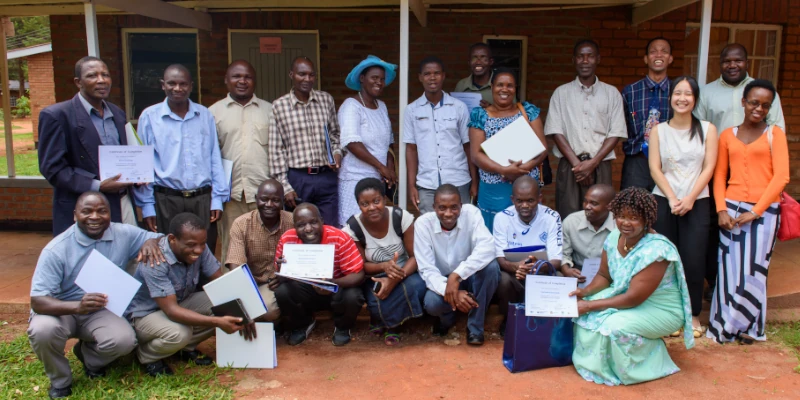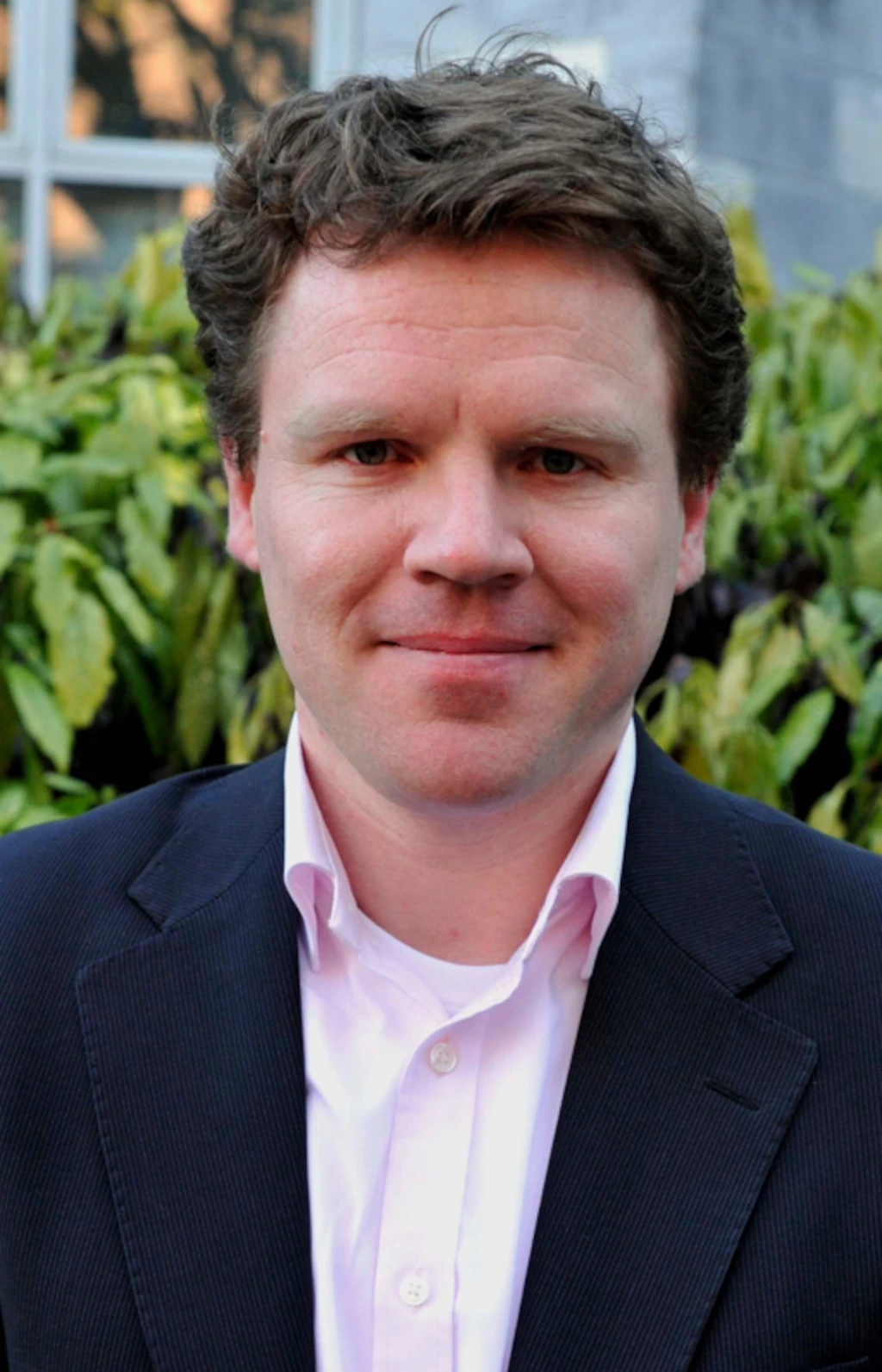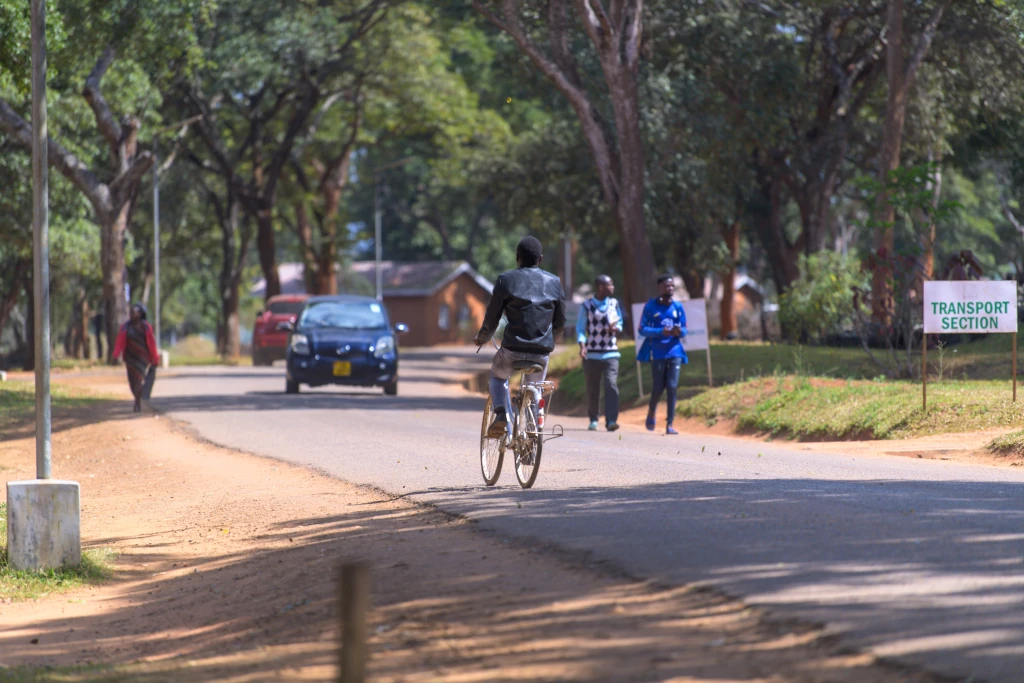Merging Technology and Health: Dr John O’Donoghue’s Impact from Cork to Malawi

Dr John O’Donoghue is a pioneering researcher at the intersection of health and technology. Based at University College Cork, his work spans global collaborations, digital health innovation, and patient-centred care. From Malawi to AI-driven tele-health, his research aims to make healthcare more accessible, equitable, and responsive worldwide.
 Photo: Dr John O'Donoghue
Photo: Dr John O'Donoghue
Education and Early Career
Dr O’Donoghue began his academic journey in computer science, earning both undergraduate and postgraduate degrees in the field. During his PhD in computer science at UCC, under the supervision of Professor John Herbert, he developed a passion for the intersection of health and technology. He recalls the challenge and excitement of combining two constantly evolving fields: ‘Technology is always evolving. Healthcare is equally changing. Merging them is a big challenge, and I just wanted to tackle an element of it.’ His early research focused on body area networks: using sensors to monitor biometric data developed by the Tyndall National Institute and funded by SFI (now Research Ireland).
Collaboration with Mzuzu University
In 2011, Dr O’Donoghue began building long-term research collaborations with colleagues at Mzuzu University in Northern Malawi. In Malawi, he also collaborated closely with UCCRSA Chair Dr Rosarii Griffin on several impactful project at Mzuzu University, along with the assistance of Prof. Fr John Ryan, Professor of Mathematics at MZUNI, Malawi.
Over the past decade, this partnership has expanded to include funding proposals, research papers, educational programmes, and working together with Malawi’s Ministry of Health and ministry of Education along with several NGOs and national companies.
Working in Malawi also deepened Dr O’Donoghue’s understanding of the social and economic challenges shaping healthcare systems. ‘Malawi is one of the poorest countries in the world,’ he explains. ‘To put it in perspective: in 2023, Ireland’s GDP per capita was $103,000, while in Malawi it was just $700.’ These economic realities have a direct impact on a person's quality of life and healthcare delivery.
Seed funding from the UCC Research Office was instrumental in establishing the Malawi eHealth Research Centre (MERC) at Mzuzu University. Dr O’Donoghue speaks highly of the vibrant campus at Mzuzu University and the dedicated researchers he works with there.
One of their recent joint efforts is the PAMODZI Study, funded by the RIGHT Foundation in South Korea and led by Professor Joseph Yu of Ping Tung Christian Hospital in Taiwan. The study examines how Malawi, despite limited resources, became a leader in digital responses to COVID-19. Remarkably, it was one of the first African countries to roll out a digital vaccine certificate and launch a national dashboard to track cases.
Using a mixed-methods approach, including national workshops, e-Delphi study, and stakeholder interviews, the team is uncovering key lessons from Malawi’s success.
A protocol paper has already been published, with further results forthcoming. Dr O’Donoghue attributes the country's efficiency to a strong and clear chain of communication that enabled rapid responses to COVID-19.
Dr O’Donoghue has also contributed to SHANTU (Sustainable Health Actions by National Taiwan University), a collaboration between the National Taiwan University and the Luke International Malawi Office, focusing on public health initiatives in Malawi.
Telehealth and CLEAR
With remote care becoming increasingly viable through tools like Zoom, cloud computing, and AI, Dr O’Donoghue works with a team called CLEAR (Combining Leadership and Patient Empowerment through Intelligent Data Access and Remote Consultations). It is an international research consortium aiming to improve the quality of communication between healthcare providers and patients across the globe.
 Photo: Mzuzu University Campus
Photo: Mzuzu University Campus
Dr O’Donoghue stated that the CLEAR team includes researchers from more than 30 countries including: the USA, Taiwan, Scotland, Hungary and Malawi. They’re working to make virtual consultations clearer, more accessible, and more patient-focused. Whether addressing terminology gaps in virtual appointments or designing AI tools to assist clinicians, the aim is to make healthcare delivery efficient and equitable.
Research Environment at UCC
Dr O’Donoghue credits UCC to be a wonderful environment to undertake research. He particularly values the diversity of expertise across disciplines, including computer science, engineering, medicine, nursing, and many others. Such expertise was often made accessible by the range of cross-disciplinary seminar series hosted by ‘Tel4Health’ and the CGD global sustainable development seminars convened by the Centre for Global Development’s Director, Dr Rosarii Griffin. John stressed how UCC’s general interdisciplinary landscape is especially important in the multi-faceted domain of eHealth.
Reflecting on UCC’s receipt of the HR Excellence in Research (HRS4R) award, Dr O’Donoghue emphasises the importance of strong institutional support for researchers. The HRS4R (Human Resources Strategy for Researchers) provides a clearer framework and career path for research staff, which is an essential resource in a sector where funding is often unpredictable. He also praises UCC’s Research Office, describing it as extremely supportive, knowledgeable, and closely involved with all research applicants.
In addition, Dr O’Donoghue highlights the value of the UCC Researcher Staff Association (RSA). He explains that networking is critical in any research field, especially as career paths can be uncertain. Associations like the RSA offer invaluable opportunities to connect, learn, and share experiences.
So what was John’s final message to researchers? ‘To have an opportunity to be part of a research team is exciting, and to lead your own research is equally exciting. So enjoy it.’ Indeed John is so right!
UCC Research Staff Association
Contact us
C/O Hydraulics and Maritime Research Centre, Pouladuff Rd, Togher (UCC Internal)
